Klar2O in 99 seconds
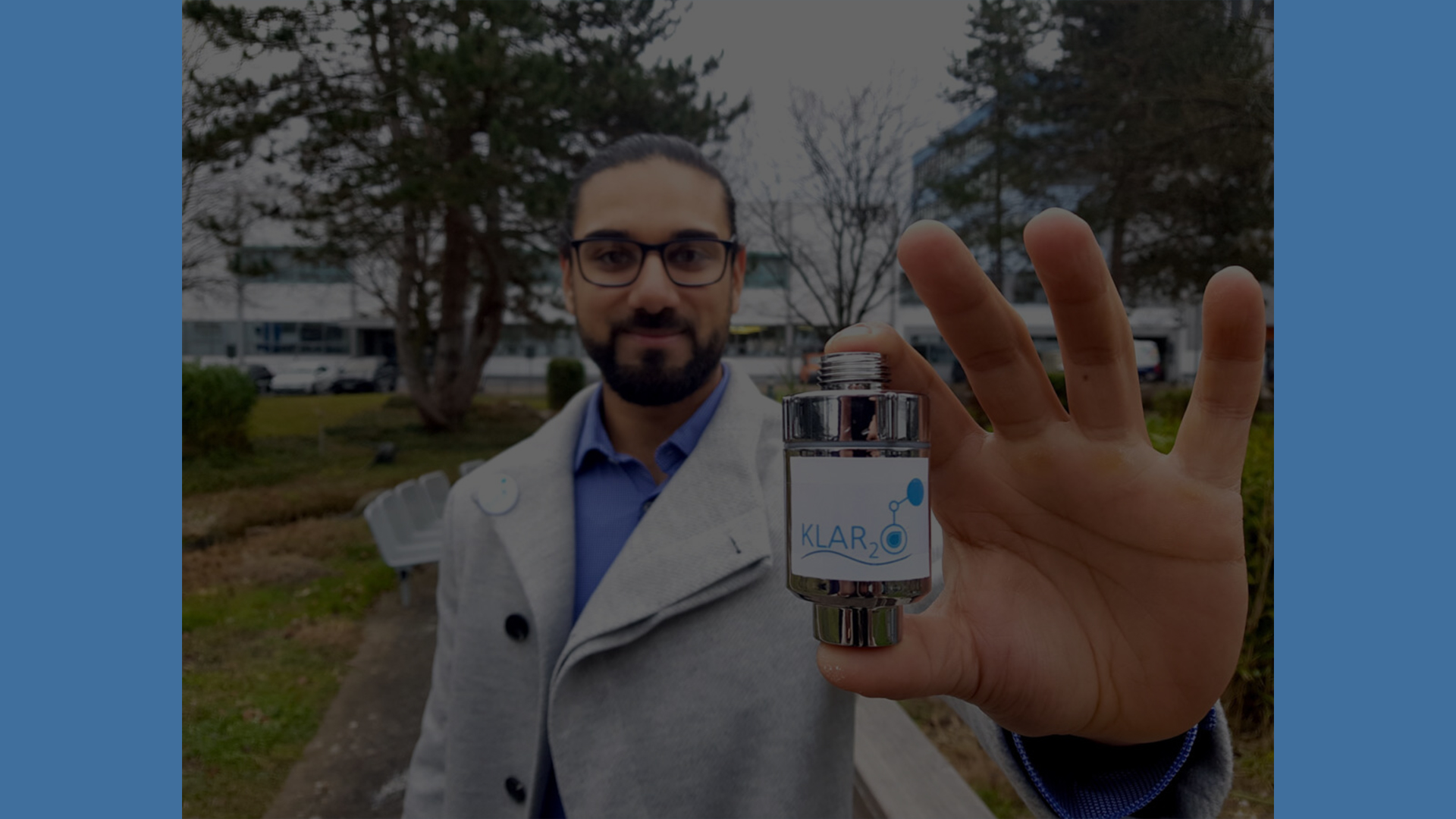


Smart Surface Technology
Innovative smart surface Coating with globally patented technology harnessing molecular forces for advanced pollutant filtration
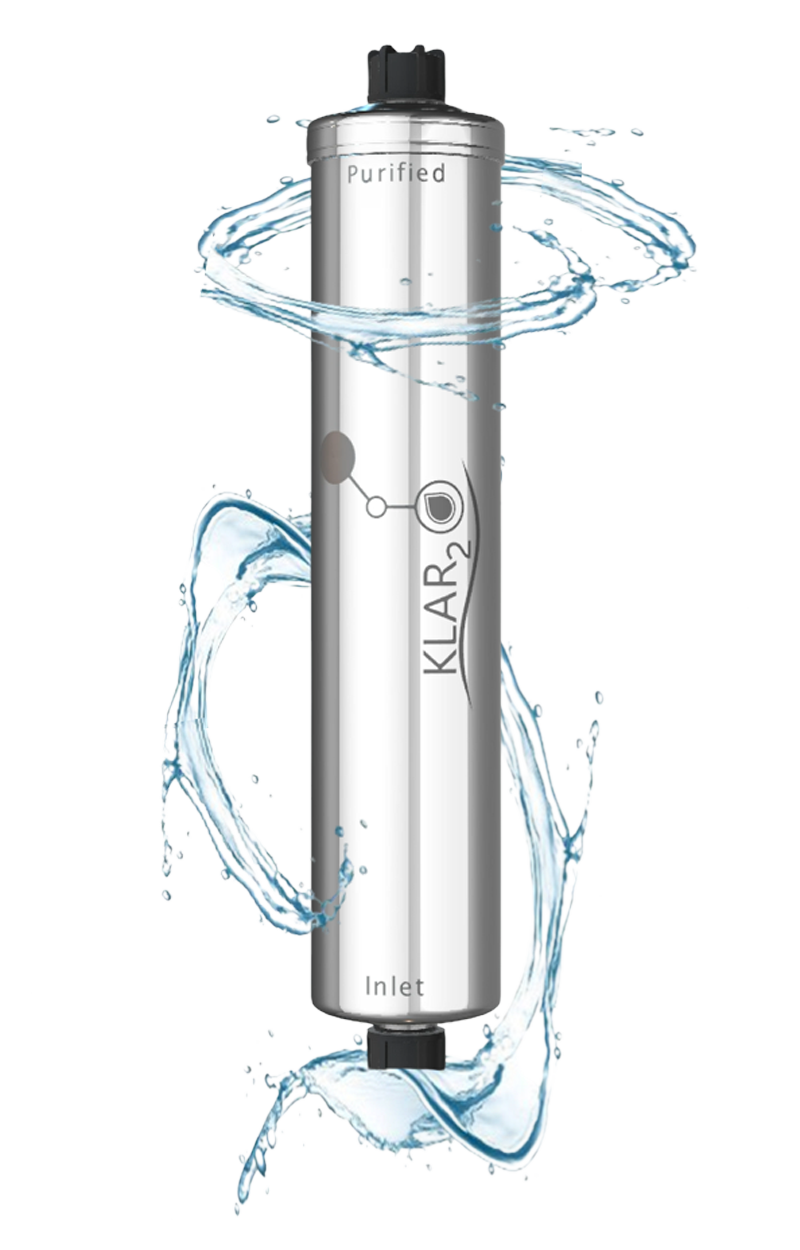
Pressure Free Flow
Coating technology enables filtration with minimal pressure
99,99% Filtration
Optimal filtration efficiency achieved with spherical configuration

Flexible Design
The flexibility of the design allows the silica beads to be seamlessly integrated into any filter system
Patented Technology
Incorporating our patented technology for unmatched performance
Klar2O Adsorbtion
Technology


Biochemically coated silica beads adsorb microplastics
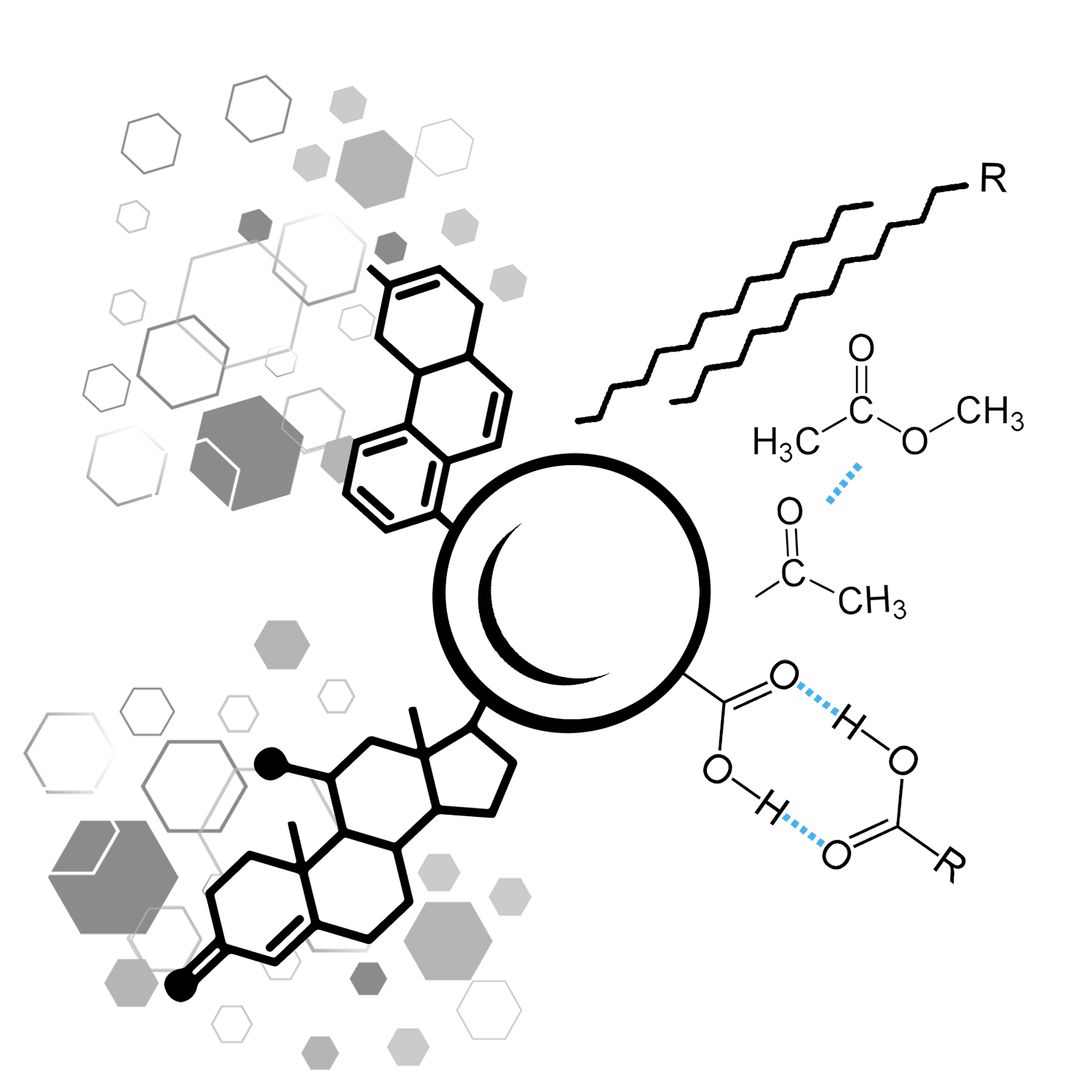
Sustainable
Microplastic filtration with Klar2O incorporates sustainability, fostering a zero waste circular economy
Regenerative
Microplastic removal from our Smart Surface filter to regenerate our biochemical adsorptive coating for a sustainable reuse
Reusable
Mikroplastic recycling involves utilizing these recycled particles, either repurposing them or biotechnologically degrading them, minimizing their environmental impact
Zero waste
Revolutionizing product lifecycles for a waste-free economy

Klar2O production

Klar2O filter
Flexible design allows filter to be integrated into any system

Used filter cartridge
Surface loaded with microplastics

Filter media regeneration
Removal of microplastic particles from the Klar2O Smart Surface Filter

Biochemical coating
Biochemical coated beads are regenerative, recyclable and reusable

Cartridge refill
Replenishing the depleted silica beads with regenerated or freshly coated beads

Recycling
Microplastics are forwarded to partner companies for green recycling
Trusted By

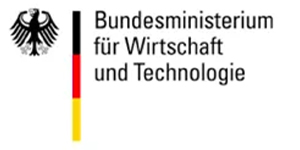


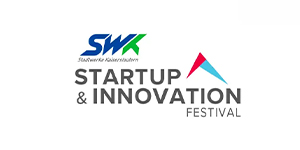
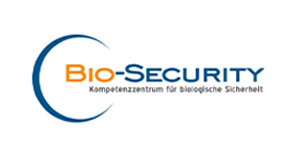
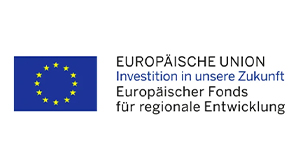


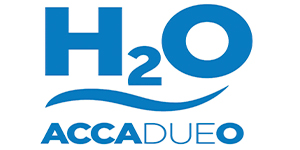


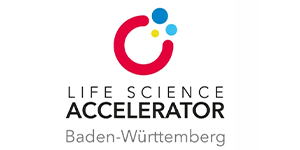



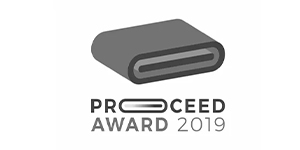



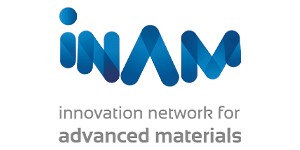



Q&A from Klar2O support
How are the Silica Beads recycled?
At Klar2O, our silica bead filtration solutions are designed with sustainability in mind. The beads can be regenerated and reused multiple times, reducing waste and contributing to a circular economy. This regenerative process not only extends the life of our filters but also ensures that our water filtration systems are eco-friendly, minimizing the environmental impact while delivering clean water.
What are the smallest particles, which can be filtered?
- Nanoparticles: These can range from 1 to 1000 nanometers (nm) in size. Nanoparticles can come from sources such as industrial waste, environmental pollution, or even natural processes. They are the smallest particles in drinking water that pose a challenge for filtration.
- Microplastics: Microplastics, ranging from 1 micron (1,000 nm) to 5 millimeters, are increasingly found in drinking water. Some advanced filtration systems, including nanofiltration and reverse osmosis, can capture and remove them.
- Dissolved Ions and Molecules: These include minerals, salts, and chemicals dissolved in water, such as PFAS (Per- and polyfluoroalkyl substances) and other contaminants, which are typically smaller than 1 nanometer (nm). These are not particulate matter but dissolved substances that advanced filtration methods can remove. We can filter down to the smallest plastic molecule and are expanding our solution to filter PFAS.
Which test or certificates are done?
Klar2O’s patented filtration technology has undergone important testings by three independent laboratories. These include Wessling, which demonstrated 99.7% efficiency through Raman Spectroscopy and the University of Saarland, which confirmed 99.3% efficiency using Scanning Electron Microscopy.
Eurofins also recorded a remarkable 99 % efficiency using Pyrolysis GC-MS. We are in the process of obtaining TÜV-SÜD certification and are also applying for NSF certification, KTW-BWGL approval, and ISO 9001 compliance to ensure the highest industry standards.
I want to speak to Klar2O, where can I contact you?
You can easily reach out to Klar2O by visiting at our contact page or send us an email directly at faehzan.ahmad@klar2o.de.
We look forward to connecting with you!
Why is a water filter important?
A water filter is essential for improving the quality of your drinking water by removing harmful substances like microplastics, hormones, pharmaceuticals, and various other contaminants. These impurities pose potential health risks and can affect the taste, odor, and safety of your water. By using a water filter, you ensure that your water is clean, safe, and better for your overall well-being, while also reducing environmental impact.
What maintenance are required by water filters?
Klar2O water filters require minimal maintenance, making them convenient and user-friendly. The primary task is simply changing the filter when necessary, ensuring continued optimal performance. With no complicated upkeep, you can enjoy consistently clean water with ease.
How often does the water filter have to be replaced?
We recommend replacing the water filter every 6 months for optimal performance. However, this may vary based on daily usage; a good rule of thumb is to change it when the flow rate decreases significantly or if you notice any changes in water taste or odor.